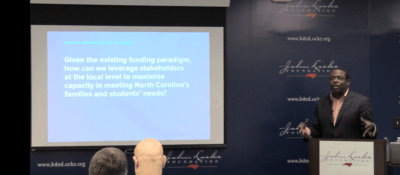As Trump and Clinton take up airtime and the headspace voters reserve for politics, the races that affect education the most — on the state level — are often drowned out or overlooked.
EdNC is here to make sure that doesn’t happen in North Carolina.
Here’s a glimpse at three offices in North Carolina that impact education and the candidates who are running for them this fall.
Governor’s Race
Education is one of the biggest issues in this year’s gubernatorial race between Governor Pat McCrory (R) and N.C. Attorney General Roy Cooper (D).
On both candidates’ campaign websites, education is highlighted as a key reason why N.C. voters should get behind their visions. Teacher pay, school choice, curriculum, and classroom resources are all major talking points.
The race has been close for the past few months. The most recent poll, released August 24 and conducted by CNN and ORC International, shows Cooper up by six percentage points — 52 to 46.
During the first year of each legislative biennium, referred to as the long session, the governor proposes a budget including K-12, which goes on to the House and Senate for modification, compromise, and approval.
McCrory
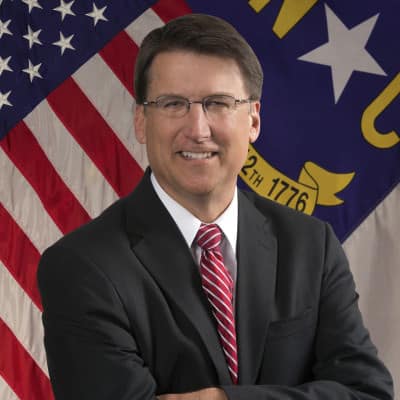

Under McCrory’s administration, education funding has increased since cuts during the recession, according to his website.
Read more on the governor’s version of the 2016-17 budget and how it stacked up to the House and Senate version’s here. And learn about what went through to the final budget here — including an average 4.7 percent teacher pay increase.
Cooper
Since 2000, Cooper has served as the state’s Attorney General. Between 1987-99, he served seven terms in the legislature, working on public school issues including a children’s health insurance initiative.
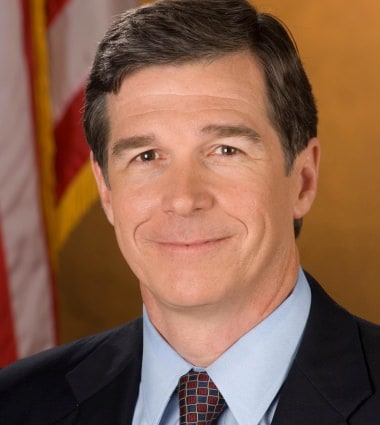

His website includes a full education plan, which prioritizes early childhood education, teacher retention, turning around low-performing schools, school safety, and workforce preparation.
The plan mixes his experience as a safety enforcer with a push “back on action that drains public school support.”
Lieutenant Governor’s Race
The lieutenant governor’s race — between incumbent Dan Forest (R) and Linda Coleman (D) — is a rematch.
In 2012, Lt. Gov. Forest beat Coleman by a margin of just 0.2 percent, or 6,858 votes. This year, Coleman won a crowded primary race, beating Holly Jones, Robert Earl Wilson, and Ronald L. Newton.
In a poll released August 10, the left-leaning Public Policy Polling found the race tied, with Forest and Coleman both at 37 percent. Libertarian J.J. Summerell got 5 percent of the vote and 20 percent of the surveyed voters were undecided.
The lieutenant governor presides over the Senate and has a seat on the State Board of Education and the N.C. Community College Board.
Forest
The second Republican lieutenant governor since 1897, Forest was an architect for 22 years before running for his first elected office in 2012.

Over the last four years, he has concentrated his efforts on digital learning as a way to bridge gaps in opportunity. He is chairman of the Governor’s eLearning Commission and a member of the State Board of Education’s Special Committee on Digital Learning.
Forest often posts YouTube videos on his site, many of which are education-related — opposing Common Core curriculum, defending Republican spending on education, and supporting charter schools. He also has detailed several education initiatives.
“Though North Carolina leads the way in our effort to extend broadband Internet access to every public school, the next step is to expand that infrastructure to reach every public school classroom and put one-to-one devices in the hands of the students,” his website says.
Coleman


Coleman served as director of the Office of State Personnel under Gov. Bev Perdue and chaired the Wake County Board of Commissioners. She also previously served three terms in the N.C. House.
Coleman’s campaign site says she is an advocate for the middle class and is running to fight against Republican setbacks made in the last four years — including in the state’s education system. During her time on the Wake County Board of Commissioners, the site says she fought for modernized classroom resources.
“The Republican majority running things in Raleigh continues to unravel so much of what built our great state,” her campaign website reads. “It’s time for a different approach.”
State Superintendent’s Race
Long-time incumbent June Atkinson (D) will face Mark Johnson (R) this November for the office.
The Superintendent of Public Instruction is in charge of the state Department of Public Instruction, which enforces state and federal education policy passed by the legislature.
Atkinson
Atkinson has served three terms as Superintendent and managed to b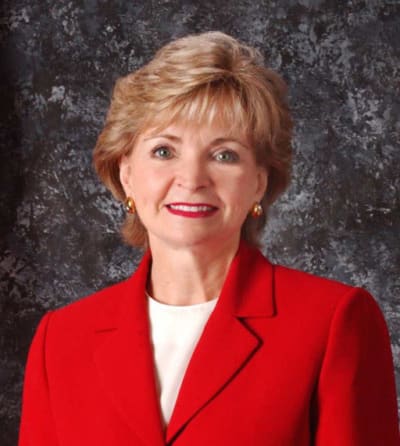

Atkinson has been an advocate for raising teacher pay, reforming statewide curriculum, and turning around low-performing schools, according to her website.
During her campaign announcement last year, Atkinson touted the rise in the state’s graduation rate during her time in office — which has gone from 68 to 86 percent in 10 years.
In an interview with EducationNC, Atkinson said she wants to lead the state to a better accountability system through the Every Student Succeeds Act, continue her work with bringing technology to the classroom, rethink testing models, and create a comprehensive compensation system “where teachers do not have to worry about paying their bills.”
“Our teachers didn’t get into education to become millionaires,” Atkinson said. “But neither did they take a vow of poverty. I believe that I’m the best option to be the spokesperson or the advocate for teachers and administrators across the state.”
Johnson
A lawyer who taught high school science in Charlotte for two years and served on the Winston-Salem/Forsyth County board of education, Johnson said he has seen firsthand the inequality in educational opportunities for disadvantaged students.
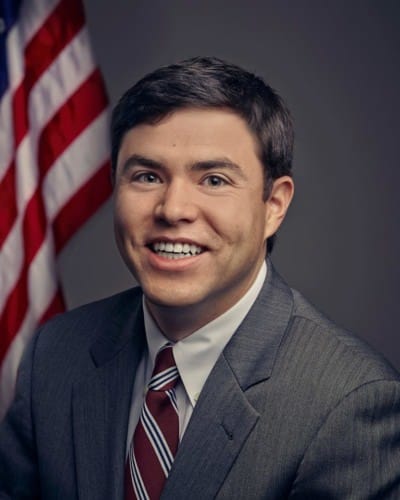

After his experience at West Charlotte High School, where he says he got to know students who had been failed by the educational system, Johnson told EducationNC that he vowed to make whatever impact he could on the policy side of things.
Johnson is calling for more support from the Department of Public Instruction for local education initiatives, a full reform of the testing system, and more useful professional development opportunities for teachers.
“More of the same can not be the only option for North Carolina students and educators,” Johnson said. “And we’ve got to make the necessary changes to support good local initiatives and support classrooms — support teachers and students in the classroom. That’s the overarching theme of everything I’m about.”
Follow EducationNC for in-depth coverage of each of these races as we move closer to November.



